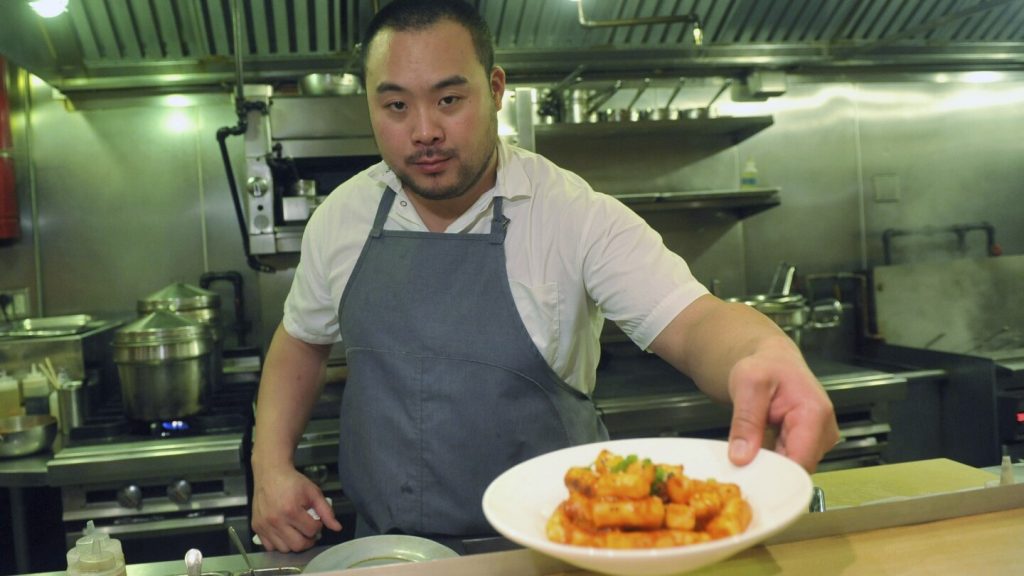The food and restaurant brand Momofuku, founded by David Chang, decided not to defend its trademark on the name “chile crunch” after facing backlash for sending cease-and-desist letters to other businesses using the term. Momofuku began selling its Chili Crunch product in 2020, a crunchy spicy oil with dried peppers, sesame seeds, and garlic. The brand acquired the trademark for “chile crunch” in 2023 from Chile Colonial, but also claims common law rights to “chili crunch” with an alternative spelling. In March, Momofuku sent cease-and-desist letters to seven companies using similar names, most of which were small brands founded by Asian Americans.
The recipients of the letters took to social media to express their discontent, questioning the fairness of Momofuku’s actions, especially given the brand’s prominence in the Asian American and Pacific Islander community. The controversy sparked a debate on whether a generic term like “chile crunch” should be subject to trademark protection. Initially, Momofuku defended its actions, citing the need to protect its trademark against potential infringement by larger companies. However, the brand eventually reversed its decision after receiving feedback from the community, stating that it would no longer enforce the trademark going forward.
In response to Momofuku’s announcement, Michelle Tew, owner of Malaysian food brand Homiah, expressed gratitude for the decision while urging Momofuku to do more to support Asian American and Pacific Islander businesses. Tew received a cease-and-desist letter from Momofuku in March, mandating her to stop selling her Sambal Chili Crunch products within 90 days. She praised the community for coming together in support of small businesses like hers and emphasized the importance of solidarity within the AAPI community. Momofuku acknowledged the impact of the situation, acknowledging the divide it had created and expressing a commitment to fostering diversity in grocery stores and pantries across America.
The incident highlighted the complexities surrounding trademark ownership, particularly in the realm of food products where terms like “chile crunch” are widely used within different culinary traditions. The backlash against Momofuku’s enforcement of the trademark serves as a reminder of the power dynamics at play in the food industry and the need for transparency and inclusivity in business practices. Moving forward, there is a call for increased dialogue and collaboration between brands and communities to ensure equitable representation and support for small businesses, particularly those led by marginalized groups like Asian Americans. The resolution of this controversy demonstrates the influence of community feedback in shaping corporate decisions and the importance of listening and responding to the diverse voices of consumers and stakeholders.


